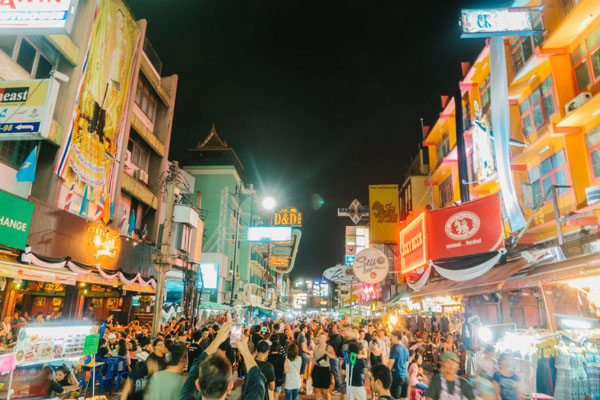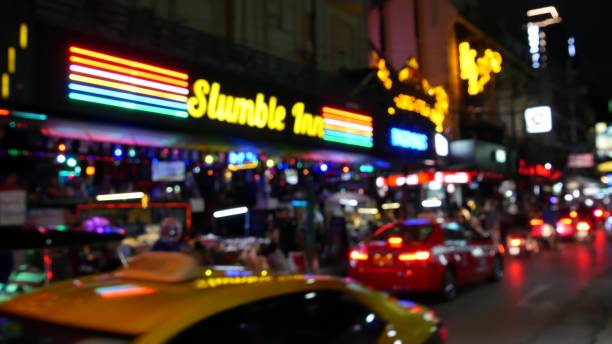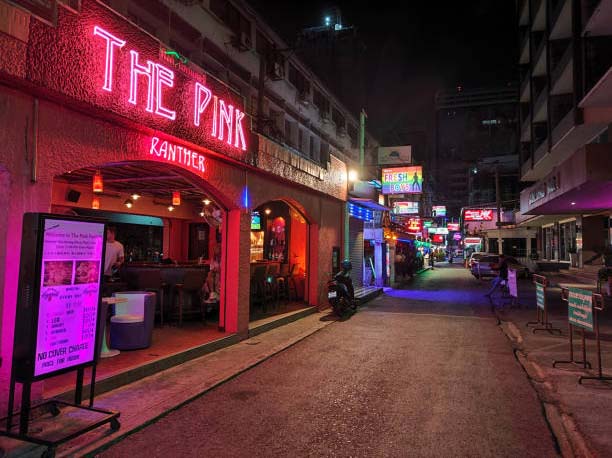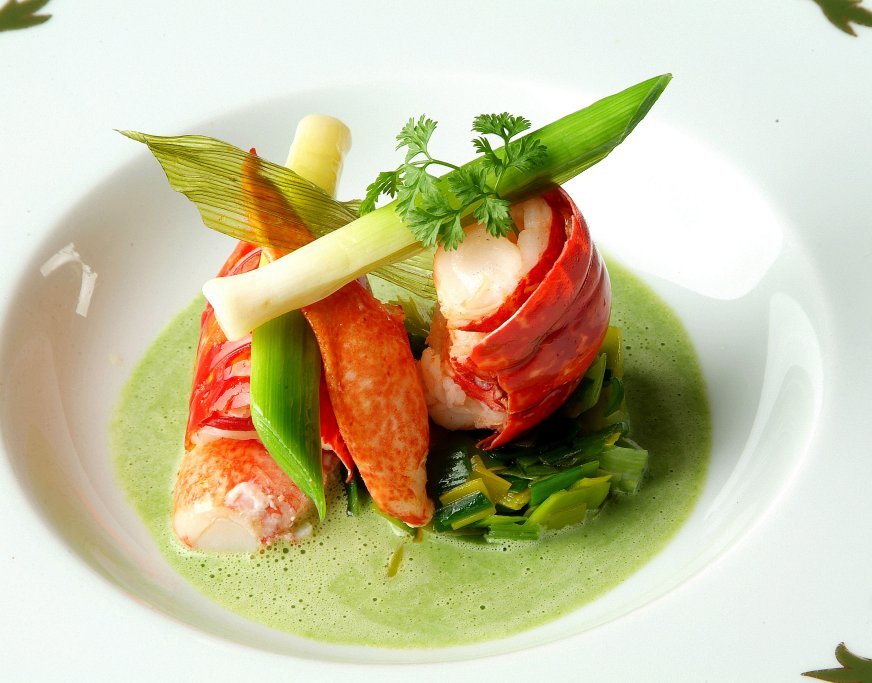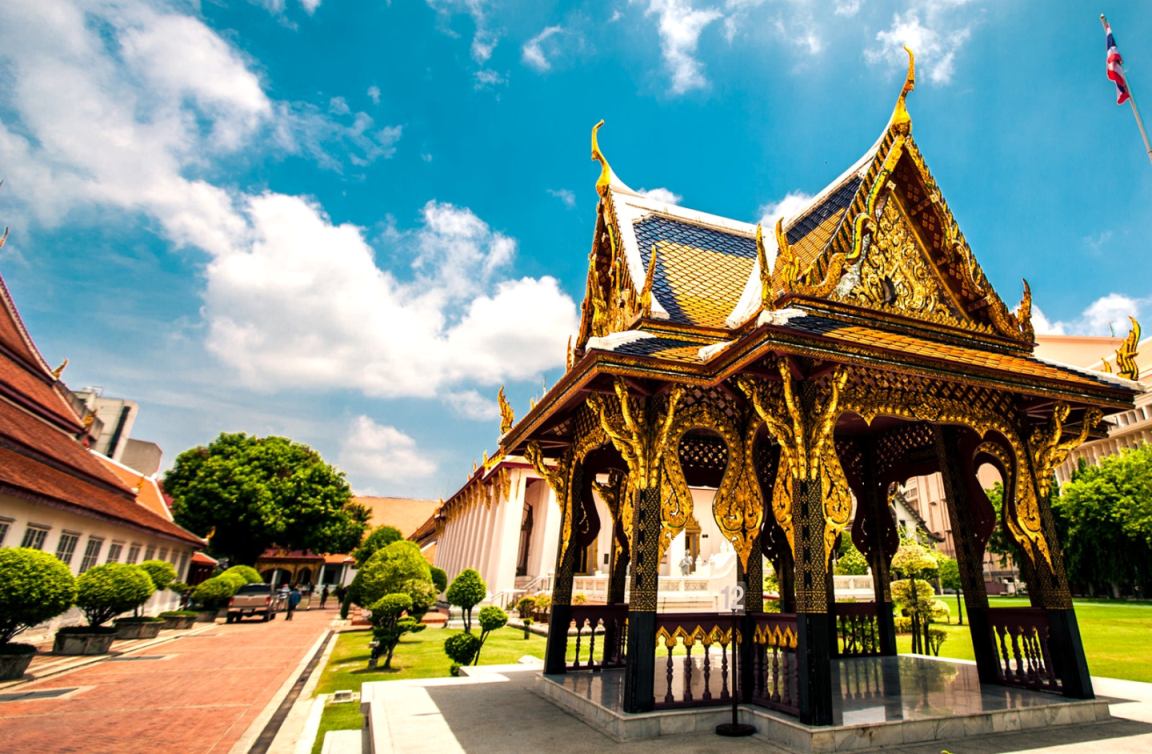Photo by Tomskyhaha – Own work, CC BY-SA 4.0, https://commons.wikimedia.org/w/index.php?curid=79293384
First and foremost, it is essential to understand that air pollution is a global issue, and no country is immune to it. However, it is true that some countries, including Thailand, have higher levels of air pollution than others. According to the World Health Organization (WHO), Thailand ranks among the top 20 countries in the world with the highest levels of PM2.5 (particulate matter with a diameter of less than 2.5 micrometers) pollution. PM2.5 is considered to be the most harmful type of air pollution because it can penetrate deep into the lungs and cause serious health problems, including respiratory illnesses, heart disease, and even premature death.
The main sources of air pollution in Thailand are transportation, industrial activity, and agricultural burning. Bangkok, Thailand’s capital, is particularly affected by air pollution, especially during the dry season, from December to April, when the weather conditions are favorable for the accumulation of pollutants.
So, should you be concerned about Thailand’s air pollution as a traveler? The answer is yes and no. If you have pre-existing health conditions, such as asthma or heart disease, you should take precautions and avoid spending too much time in heavily polluted areas, particularly in Bangkok. You may also want to consider wearing a mask, especially when traveling during the dry season.
However, if you are generally healthy and taking the necessary precautions, such as avoiding outdoor activities during peak pollution hours and using air-conditioned transportation, the risk of experiencing adverse health effects from air pollution during your travels in Thailand is relatively low. It is worth noting that many of Thailand’s popular tourist destinations, such as Phuket, Krabi, and Chiang Mai, have lower levels of air pollution than Bangkok and other urban areas.
Furthermore, it is important to keep in mind that Thailand is taking steps to address its air pollution problem. The Thai government has implemented various measures, such as promoting public transportation, encouraging the use of electric vehicles, and enforcing stricter regulations on industrial and agricultural activities.
What to do? Here are a few things that you can do to prevent or lessen the harmful impact of pollution during your visit to Thailand:
- Check the air quality index: Before heading out for the day, check the air quality index (AQI) of your location. Many websites and apps provide real-time information on air quality levels in Thailand. If the AQI is high, consider staying indoors or adjusting your outdoor activities accordingly.
- Wear a mask: Wearing a mask can help prevent inhaling harmful particulate matter in the air. Make sure to choose a mask with a high filtration rating, such as an N95 mask.
- Use air-conditioned transportation: When traveling in Thailand, opt for air-conditioned transportation, such as taxis, buses, or trains. This can help prevent exposure to air pollution during your commute.
- Choose outdoor activities wisely: If you are visiting Thailand during the dry season when air pollution is at its peak, consider choosing indoor activities or visiting areas with lower levels of pollution, such as national parks or beaches.
- Support sustainable tourism: Supporting sustainable tourism practices can also help reduce the impact of pollution on the environment. Choose eco-friendly accommodations and tour operators that prioritize sustainable practices, such as reducing plastic waste and supporting local communities.
By following these simple steps, you can enjoy your visit to Thailand while also taking care of your health and the environment. Remember, small actions can make a big difference in reducing the harmful impact of pollution.
In conclusion, while Thailand’s air pollution may be a concern for some travelers, it is not a reason to avoid visiting this beautiful country altogether. By taking the necessary precautions and staying informed about the air quality conditions, you can enjoy all that Thailand has to offer while minimizing your exposure to air pollution.


